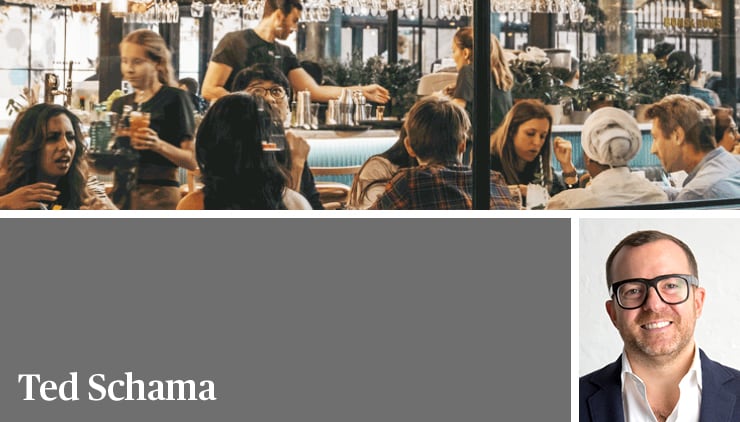When we go to a brand, it’s usually for four simple reasons: speed, convenience, trust, and value. Pret A Manger, Pizza Express, Wagamama, Leon and their peers built reputations on delivering exactly that.
I’m often called predictable when I come back from Pret with a tuna sandwich. But that’s precisely the point. They know it’s what I want, and I know I’ll get it for £3.50, in and out within moments. Likewise, most people I know have a go-to menu choice at Pizza Express. Brands thrive because they create those reliable rituals.
By contrast, when we choose an independent, it’s for entirely different reasons. We’re seeking intrigue, uniqueness, and surprise. It’s about the chef’s personality shining through, the one-off dish, the ingredient you wouldn’t find anywhere else. Independents are where we go for special.
The tension arises when brands start to borrow from the independent playbook. Pret A Manger’s recent launch of a lobster roll is a case in point. It’s certainly eye-catching. But are we really going to Pret for premium indulgence? Or are they straying into territory that confuses their customers rather than delights them?
Innovation is vital - brands must refresh to stay relevant. But it’s a fine line. Stray too far from what people know, trust and repeat buy, and you risk eroding the very reason they come to you in the first place.
Because in the end, the tuna sandwich that makes me predictable is also what makes Pret dependable. And that’s no bad thing.
Look five years ahead, and I suspect the most successful brands will be those that manage to stay both predictable and surprising
The bigger question is how brands innovate in a way that feels authentic. Some will win by leaning into wellness (think Leon doubling down on plant-based), others by championing tech and speed (McDonald’s app-led customisation is just the beginning), and others still by embracing collabs.
And we’ve seen some great examples. Shake Shack’s hook-ups with Fly By Jing hot sauce gave the burger giant instant cult cred; Pizza Express’s partnership with nutritionist Amelia Freer showed it could flex to wellness trends; Crosstown’s work with Oddbox turned surplus fruit into limited-edition doughnuts; and Krispy Kreme’s tie-ups with Reese’s and Hershey’s tapped nostalgia while driving impulse buys.
Closer to home, London has become a testbed for collabs that blur the line between big brand and indie spirit. Dishoom x Crosstown’s chai-spiced doughnuts created queues out the door; Pizza Pilgrims and Fourpure Brewing Co. built a co-branded beer-and-pizza experience; Honest Burgers’ monthly chef specials with the likes of Bao and Max’s Sandwich Shop have become cult events; and even McDonald’s UK x Terry’s Chocolate Orange McFlurry proved how a playful one-off can spark national conversation.
These moments work because they bring the intrigue of independents into the safe space of the familiar.
Look five years ahead, and I suspect the most successful brands will be those that manage to stay both predictable and surprising: dependable for our weekday lunch, intriguing enough to tempt us back with something new when the mood strikes. That’s the sweet spot.
Ted Schama is founder of advisory business One Voice Hospitality.

